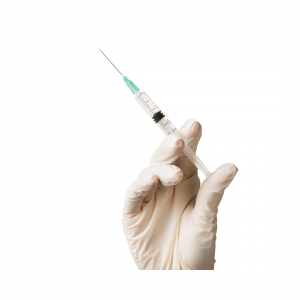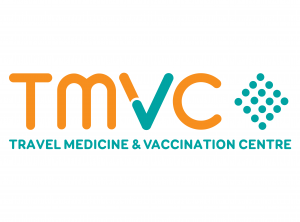Whooping cough, also known as pertussis, is a potentially severe and fatal respiratory disease. It is often referred to as the “100-day cough” as the severe cough can last for weeks or even months. There are 20,000 to 40,000 million cases of whooping cough and 400,000 deaths worldwide each year. It is a risk in every country, especially where vaccination rates are lower. There is potential risk at all times of the year.
In this blog I’ll tell you more about this serious cough, who is most at risk, and measures you can take to help prevent it. I’ll tell you about the TdaP vaccine and who should get vaccinated against pertussis.
The Big “Whoop”
Whooping cough is caused by a bacterium that spreads easily from person to person by coughing or sneezing. It is highly contagious, especially during the first two weeks after the cough starts. Treatment is with antibiotics. A whooping cough infection does not create long-term immunity, and reinfection is possible. Symptoms begin 7 to 10 days after infection and include mild fever, runny nose, and cough. After one to two weeks, it can cause severe or violent coughing fits. Whooping cough gets its name from the “whooping” sound that happens when you try to take a breath. Complications from whooping cough can include:
- Choking
- Vomiting
- Rib injury
- Exhaustion after coughing fits
- Difficulty breathing
- Pneumonia
- Brain damage
- Seizures
- Death
Who is Most at Risk?

Where is the Risk?
While pertussis can occur anywhere at any time, the risk for infection is highest in areas experiencing outbreaks. Outbreaks have recently occurred in many countries across Europe, including the U.K., Spain, Netherlands, Croatia, Denmark, Czech Republic, and Serbia. There are also outbreaks in Thailand, Philippines and Australia. Outbreaks can potentially occur in any country worldwide. Unvaccinated travelers to these countries could become infected and bring the disease back to Canada, where it could potentially spread within the community. Canada has experienced an overall decrease in whooping cough after the introduction of the TdaP vaccine, but there are often periodic outbreaks across Canada. A current outbreak of whooping cough in Alberta has seen 39 cases in Calgary in the last few months.
Prevent the Spread
The best way to prevent the spread of whooping cough is through immunization with the TdaP vaccine. Other ways to prevent whooping cough include:
- Frequent handwashing
- Practicing good cough and sneeze etiquette
- Staying home when sick
- Wearing a mask if coughing
- Avoiding sharing drinks, food, or cutlery
The TdaP Vaccine

Side effects from the TdaP vaccine are generally mild and can include redness, swelling, and soreness at the injection site. You may also experience tiredness, headache, muscle or joint aches, chills, nausea, diarrhea or mild fever. Not everyone experiences side effects from the vaccine. For those that do, the side effects are usually mild and last only a few days.
Who Needs the TdaP Vaccine?
Infants and Children:
Infants receive the TdaP vaccine with their routine vaccines at 2, 4, 6, and 18 months of age. Children receive a dose between 4-6 years of age, and adolescents receive a booster in grade 9. Children and adolescents should be up to date with their routine vaccines, especially before travelling.
Adults:
A single adult dose of the TdaP vaccine is recommended for all adults, especially for those:
- Who are around infants to help prevent the spread to babies
- Who are planning to travel
- Are immunocompromised or have pre-existing lung disease
- Are 65 years of age or older
- Who work in healthcare
Pregnant Women:
The TdaP vaccine is recommended for pregnant women during every pregnancy. It is ideally given between 27 to 32 weeks of pregnancy. Vaccination during this time is to maximize the antibodies that are passed on to the developing infant. This helps protect the baby against pertussis during the first few months of life.
Where to Get the TdaP Vaccine?
Infants, children, and adolescents can receive the TdaP vaccine along with any other routinely recommended vaccines at their local Public Health Unit. Adults needing the TdaP vaccine can receive it at a pharmacy or book an appointment at any of TMVC’s clinic locations. If you’re travelling internationally there may be other vaccines recommended for your trip so it’s always a good idea to book a travel consult. Simply call us at 1-888-288-8682 or book online.






